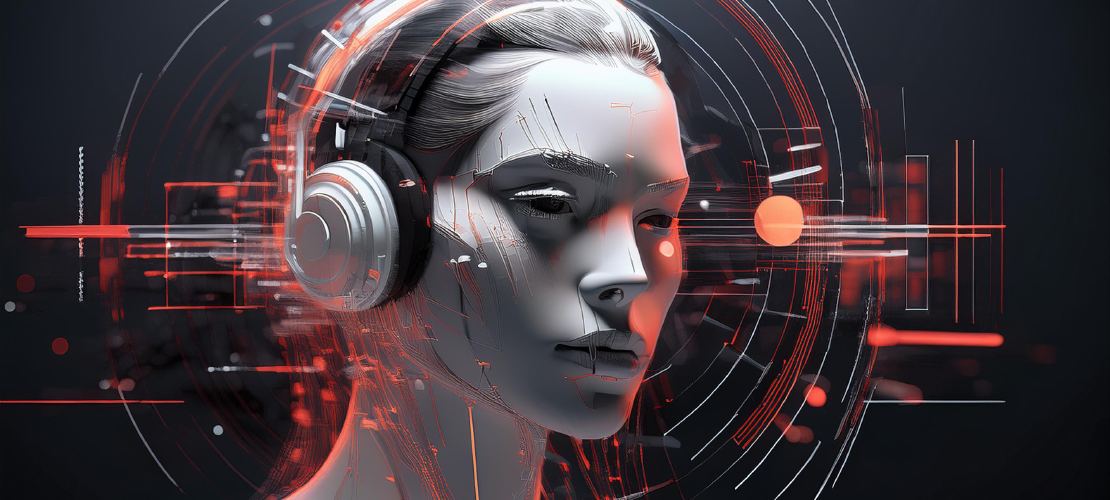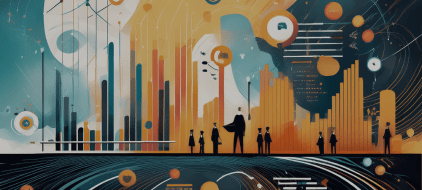Artificial Intelligence (AI) has made significant strides in recent years, revolutionizing various sectors with its innovative tools and applications. One of the most notable advancements in AI is the development of conversational AI models like ChatGPT. These tools are designed to understand and generate human-like text, enabling natural and engaging interactions. However, ChatGPT is not the only player in this space. Several other AI tools offer similar capabilities, each with its own set of advantages and limitations. This article explores five of the best AI tools like ChatGPT, highlighting their strengths and weaknesses.
1. Google Bard
Advantages:
- Advanced Language Understanding: Bard leverages Google’s extensive research in natural language processing (NLP) to offer advanced language understanding and generation capabilities. It can handle complex queries and provide detailed, contextually relevant responses.
- Integration with Google Services: Bard integrates seamlessly with other Google services, such as Google Search and Google Assistant. This integration enhances its ability to provide accurate information and perform tasks like setting reminders, sending emails, and more.
- Continuous Learning: Bard benefits from continuous updates and improvements from Google’s AI research team. This ensures that it remains at the forefront of AI advancements and offers state-of-the-art performance.
Limitations:
- Data Privacy Concerns: As with many Google services, there are concerns about data privacy and how user information is stored and used. Users need to be aware of Google’s data policies and take necessary precautions.
- Limited Availability: Bard may not be available in all regions or for all users, which can restrict its accessibility.
2. OpenAI Codex
Advantages:
- Programming Assistance: Codex is specifically designed to assist with coding tasks. It can generate code snippets, debug errors, and provide explanations for various programming concepts. This makes it an invaluable tool for developers.
- Multi-Language Support: Codex supports a wide range of programming languages, including Python, JavaScript, Ruby, and more. This versatility makes it useful for developers working with different technologies.
- Integration with IDEs: Codex can be integrated into popular Integrated Development Environments (IDEs) like Visual Studio Code. This seamless integration enhances the coding workflow and productivity.
Limitations:
- Code Quality and Security: While Codex can generate functional code, the quality and security of the generated code may not always meet professional standards. Developers need to review and refine the code to ensure it meets their requirements.
- Dependency on Context: Codex’s performance is highly dependent on the context provided. If the input is ambiguous or incomplete, the output may not be accurate or useful.
3. IBM Watson Assistant
Advantages:
- Versatile Applications: Watson Assistant is designed for a wide range of applications, including customer service, healthcare, and finance. Its versatility makes it a powerful tool for businesses across various industries.
- Robust AI Capabilities: Watson Assistant leverages IBM’s advanced AI technologies to offer robust natural language understanding and machine learning capabilities. This enables it to handle complex queries and provide accurate responses.
- Customizable and Scalable: Watson Assistant can be customized to meet specific business needs. It is also scalable, making it suitable for small businesses as well as large enterprises.
Limitations:
- Complex Setup and Configuration: Setting up and configuring Watson Assistant can be complex, requiring technical expertise. This may pose a challenge for businesses without in-house AI specialists.
- Cost: IBM Watson Assistant’s advanced features come at a cost. Small businesses with limited budgets may find it expensive compared to other AI tools.
4. Microsoft Azure Bot Service
Advantages:
- Integration with Microsoft Ecosystem: Azure Bot Service integrates seamlessly with Microsoft’s suite of products, including Azure, Office 365, and Dynamics 365. This integration enhances its functionality and makes it a valuable tool for businesses using Microsoft technologies.
- Comprehensive Toolset: Azure Bot Service offers a comprehensive toolset for building, deploying, and managing bots. This includes built-in templates, analytics, and security features.
- Multi-Channel Support: Bots created with Azure Bot Service can be deployed across multiple channels, including websites, social media, and messaging platforms. This ensures broad reach and accessibility for users.
Limitations:
- Technical Expertise Required: Building and managing bots with Azure Bot Service requires technical expertise in AI and cloud computing. This may be a barrier for businesses without experienced developers.
- Service Dependency: Relying on Azure Bot Service ties the business to Microsoft’s ecosystem. This dependency may limit flexibility and increase long-term costs.
5. Replika
Advantages:
- Personalized Interactions: Replika is designed to offer personalized interactions and emotional support. It uses AI to create a unique conversational experience tailored to the user’s preferences and needs.
- User-Friendly Interface: Replika’s user-friendly interface makes it accessible to a wide range of users, including those with little to no technical expertise.
- Emotional Support: Replika is marketed as a tool for emotional support and mental well-being. It can engage in meaningful conversations, offer empathy, and provide a sense of companionship.
Limitations:
- Limited Practical Applications: While Replika excels in providing emotional support, its practical applications are limited compared to other AI tools focused on business or technical tasks.
- Privacy Concerns: Users may have concerns about the privacy and security of their conversations with Replika. Ensuring data protection and transparency is crucial for maintaining user trust.
Conclusion
AI tools like ChatGPT, Google Bard, OpenAI Codex, IBM Watson Assistant, Microsoft Azure Bot Service, and Replika are revolutionizing the way we interact with technology. Each of these tools offers unique advantages, from enhancing customer service and coding productivity to providing emotional support and seamless integration with existing ecosystems. However, they also come with limitations, including data privacy concerns, technical complexity, and cost.
As AI technology continues to evolve, these tools will likely become even more sophisticated and versatile, offering new possibilities and challenges. Businesses and individuals must carefully consider their specific needs and the strengths and weaknesses of each tool to make informed decisions about which AI solutions to adopt. By doing so, they can harness the power of AI to enhance productivity, improve customer experiences, and drive innovation in their respective fields.








